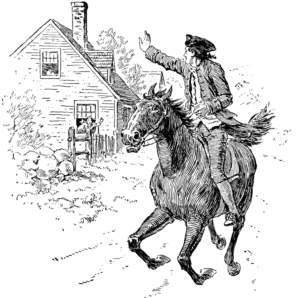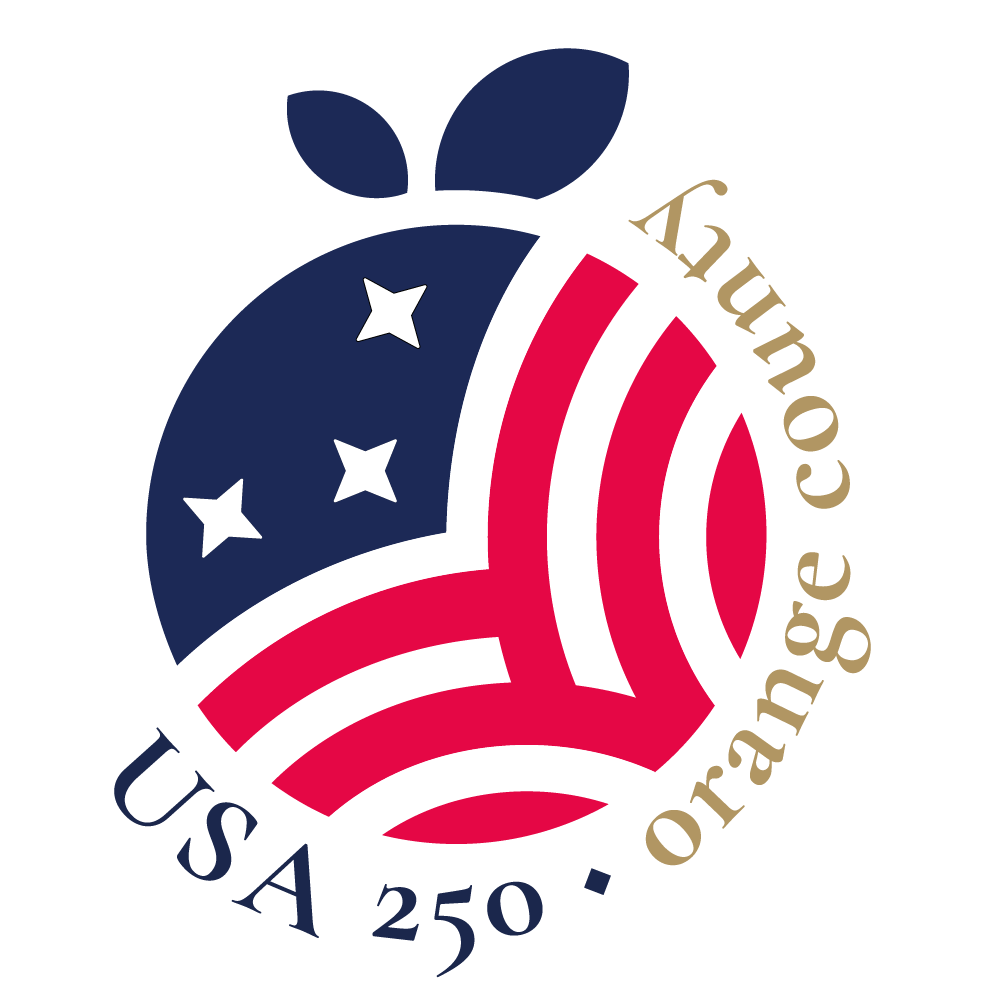 For more than a hundred fifty years, school children have been introduced to birth of the United States by the thrilling verses penned by Henry Wadsworth Longfellow:
For more than a hundred fifty years, school children have been introduced to birth of the United States by the thrilling verses penned by Henry Wadsworth Longfellow:
“Listen my children and you shall here of the midnight ride of Paul Revere. On the eighteenth of April, in Seventy-five, Hardly a man is now alive Who remembers that famous day and year.” “He said to his friend, “If the British march by land or sea from the town tonight….”
This most beloved of patriotic American poems began a myth still repeated today – that Paul Revere warned the people “the British are coming.” Yes, he warned them that British troops were coming – to confiscate hidden munitions and weapons and attempt to arrest John Hancock and Sam Adams. But he did not warn them the “British” were coming. After all, most of the colonists were British and all of the colonists lived and prospered under British law.
Since the founding of Jamestown in 1607 and other British colonies along the Atlantic coast of North America, the unofficial policy of Great Britain toward its colonies was what Edmund Burke would later call “salutary neglect.” That is, the colonies were generally left to govern themselves. As long as the colonies remained loyal to the Crown and trade was mutually profitable, strict enforcement of navigation and other laws was essentially ignored – by both sides. Besides, the long distance between Britain and her colonies made enforcement both difficult and expensive.
Over time, the colonists developed a sense of political and economic independence. Of course, there were occasional disagreements between the colonies and the Mother Country, but she frequently had more pressing matters closer to home on the European Continent, including the Seven Years’ War. The war actually began in America in 1754 near present-day Pittsburg as a land dispute between France and England. Known in America as the French and Indian War, it spread to Europe as well as parts of Africa and Asia. As a result, Great Britain became the world’s leading colonial leading power. But it was also left with enormous debts and decided its North American colonies should help foot the bills.
After the war, Britain imposed new taxes and regulations on trade and the internal government of the colonies, and they began to enforce them. The days of “salutary neglect” were over. Outraged, the colonies responded by riots, boycotts, smuggling, looting the homes of royal authorities, and even threatening their lives. However, they did not renounce the source of their rights as Englishmen. Nor did they abandon their allegiance and affection for the King – at least not until he abandoned them
The colonists began to assert their rights as “Englishmen.” They pulled out the earliest colonial charter, issued by James 1 in 1607. It clearly stated that every British subject who might inhabit the colony, including their descendants born there, should “enjoy all liberties, franchises, and immunities, within any of our other dominions….as if they had been abiding and born within this our Realm of England.” Charters for colonies founded after Jamestown contained the same guarantees. In short, the colonists were English and enjoyed all the rights of Englishmen, which they argued had been violated on many occasions.
Even after more than ten years of heightened tensions, formal protests, and physical confrontations, including the military action at Concord and Lexington, the colonists made one last attempt at reconciliation. On July 5, 1775, delegates to the Continental Congress sent to King George II the Olive Branch Petition, urging him to intervene against the “irksome variety of artifices” practiced by his government. Even then, they identified themselves as his “Majesty’s faithful and loyal colonists.” Among those signing the petition were most of those who would, a year later, write and sign the Declaration of Independence – Thomas Jefferson, Benjamin Franklin and John Adams.
But it was too late. When the petition was presented to the King in late August, he refused to receive it. He had already issued his Proclamation of Rebellion, declaring the thirteen colonies to be in a state of open rebellion and ordering his troops to suppress it.
On July 2, 1776, the Continental Congress voted to sever all ties with Great Britain. Two days later, it approved the final draft of the Declaration of Independence. The British colonists on the North American coast ceased to be British subjects and began the journey to becoming Americans – citizens of a new nation.
